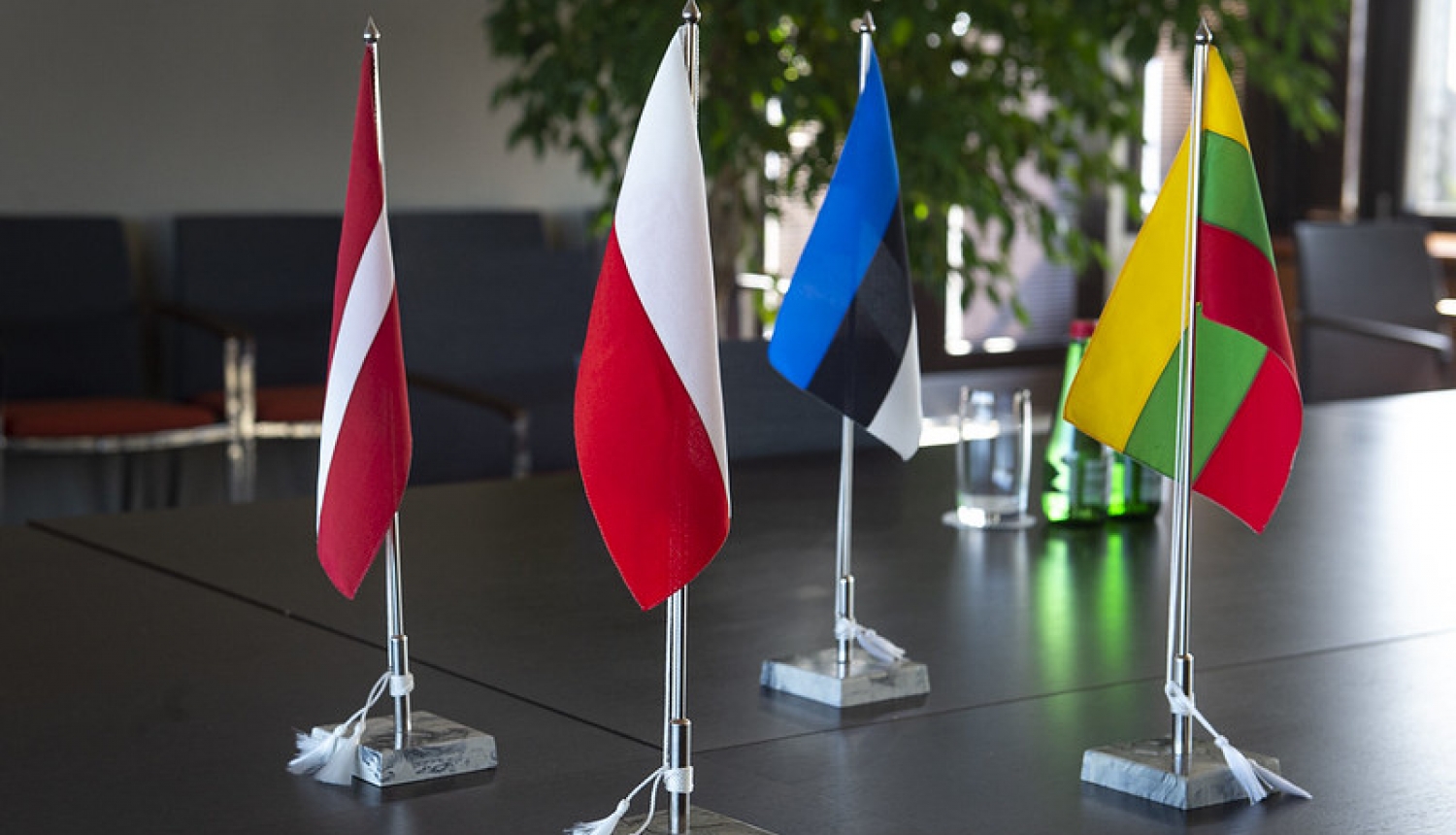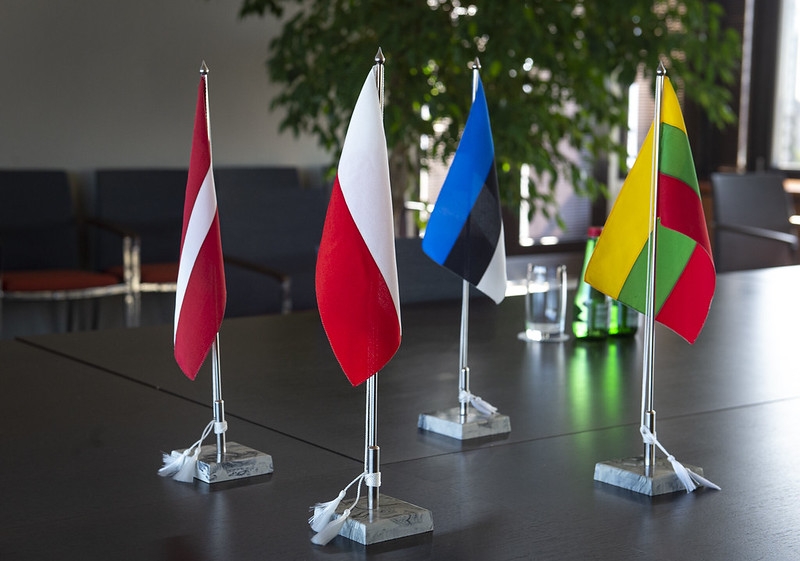On 2 June 2020, the Foreign Ministers of Estonia, Latvia, Lithuania and Poland met in Tallinn to discuss COVID-19 related topics, regional cooperation and international affairs. As the first high-level event held in Tallinn since the COVID-19 outbreak, it is an important visible step in moving towards restoring pre-crisis situation in the region and overcoming the restrictions.
The COVID-19 crisis has left no one untouched. It influenced every country, every person and we are still learning how to defeat it. Today, we still analyse lessons learned from the acute phases of the crisis, when we were confronted with many unexpected challenges. At the same time our efforts are concentrated on finding ways to jointly – at the regional, EU and global level - overcome the crisis, and coordinate post-crisis measures aimed at reducing negative impact in different areas, especially on economic, social, security sectors.
The current crisis has already reminded us that unity and cooperation – again, at the regional, EU and global level - are the key words when tackling the challenges, or when considering how to respond and act. The cooperation starts from close contacts and exchange of information between neighbours. Baltic states and Poland share common objectives and goals developed over the years and stemming from the shared past.
Looking at our closer neighbourhood, one of the key areas is the continued support to the Eastern Partnership countries.
Strengthening security in the region remains our priority. We stress the need to continue developing NATO’s defensive posture in our region, including through training, exercising and increasing interoperability among the four multinational NATO battlegroups and enhancing regional air defence capabilities. We have agreed to enhance our work in building cyber and hybrid resilience, thus contributing to EU and NATO work in those fields. We underline the need for adequate and speedy investment into developing military mobility infrastructure and procedures. Enhanced military presence of the United States in our region is an essential element of security. We also need to address and ensure the security of communications, including 5G.
An important aspect contributing to enhancing the security is focus on developing regional connectivity – implementation of strategic regional energy and transport infrastructure projects, also within Three Seas Initiative, and development of the EU’s digital agenda. More modernized and developed connections are essential for the expansion of economic potential in the whole region. Timely synchronization of the Baltic states with continental Europe networks via Poland is of crucial importance to the energy security of our states. In light of the challenges for economies brought by COVID-19, ensuring sufficient EU funding is the key element for the successful finalization of the project. Moreover, strengthening the regional economy together with the economic recovery package on the EU level will contribute to resilience of our economies, growth and jobs, using also the potential proposed by the EU green transition. The economic cooperation in regional and EU level needs to be continued in united and efficient way in different strands of work, including with the objective to uphold and support the Single Market. Globally, efforts have to be continued to work together to keep international trade and means of transport open and flexible in order to minimize the already huge setback on our countries’ economies.
We reconfirm our commitment to continue to work together in finding responses to current challenges, and in order to promote security and prosperity in the region and entire Europe.





